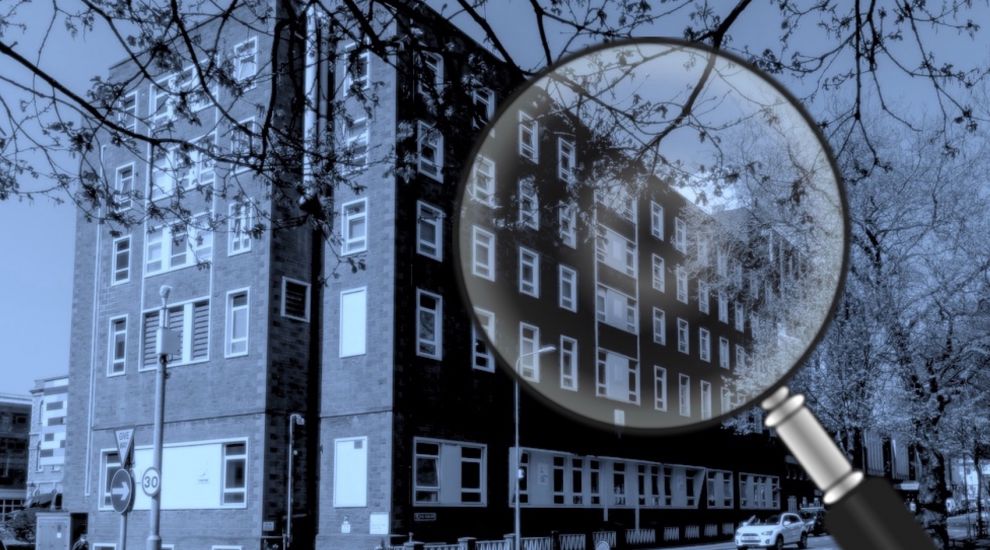


Jersey is a small island of nine by five miles with a population of circa 103,000 based on the recent census figures. The Jersey General Hospital is the main hospital on the island.
So, let us look first at the outline of what health services deliver in Jersey and what sets them apart from the UK NHS.
There are three types of heath care:
This is mainly provided by GPs, all of whom are private businesses and therefore very different to the UK NHS.
Each GP business is self-sufficient and provides its own surgeries, equipment, and staff. It has a small direct payment from government based on fulfilling certain quality indices, some funding for childhood immunisations and cervical smears and partially subsidised doctors’ appointments.
Pharmacists also perform no small task in terms of providing advice to patients and dispensing/monitoring medicines.
Bridging between primary and secondary care is an organisation unique to Jersey: the Family Nursing and Home Care (FNHC) charity. This charity does receive funding from government on a service-level agreement basis and looks after people in their homes who are either recovering from being in hospital or are referred to FNHC by the island's GPs.
There are a number of agencies which provide care, with costs met in part by the long-term care charge levied on the majority of us, and numerous other professionals and charities which also provide community health care, some with government subsidy and some without.
This is delivered in the General Hospital, together with a small amount of primary care through the Emergency Department and outpatient clinics.
It is called a 'general' hospital because it covers everything from ante-natal through to the treatments of coughs and colds that have developed into chest infections, minor and major surgery, rehabilitation of patients in wards to help them mobilise and the specialist rehabilitation of patients recovering from major surgery, head injuries and strokes.
UK NHS hospitals provide tertiary care in specialist areas such as oncology and cardiology, which can be very disruptive to patients, but which is largely accepted and appreciated as tertiary care is delivered in centres of excellence.
This also delivers value for money when considering the cost of trying to build and maintain the necessary additional medical facilities, the clinicians, and staff to run them and keep up to date with developing technology in these specialist areas.
Health care in Jersey is therefore extensive but thanks to its size, there is a close-knit culture of cooperation between clinicians. This feature is different to that in the UK due primarily to the ease of communication across particularly the first two categories of care.
This is not new. It has been this way for a long time and is often very difficult for incoming medical consultants and managers to understand and come to terms with. Jersey is certainly not a clone of the UK NHS, nor should it be with its overbearing bureaucracy.
With upcoming elections, I have put together a series of articles examining the ‘temperature’, the effectiveness, of our health system.
How fit is it to respond to the increasing demands made upon it? Do the projected changes stack up? What are the most appropriate means to pay for services where costs have consistently outstripped conventional inflation?
Express will be sharing the first one tomorrow.
Make sure you don't miss it by signing up to Express's daily news email HERE.